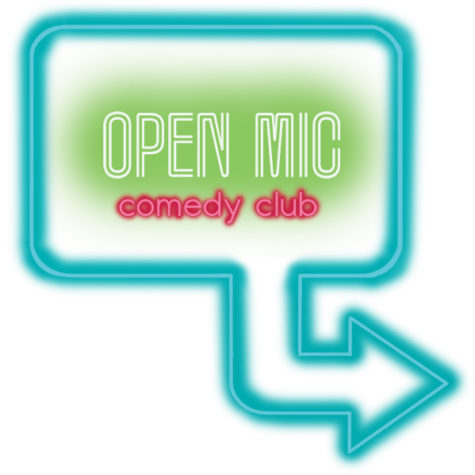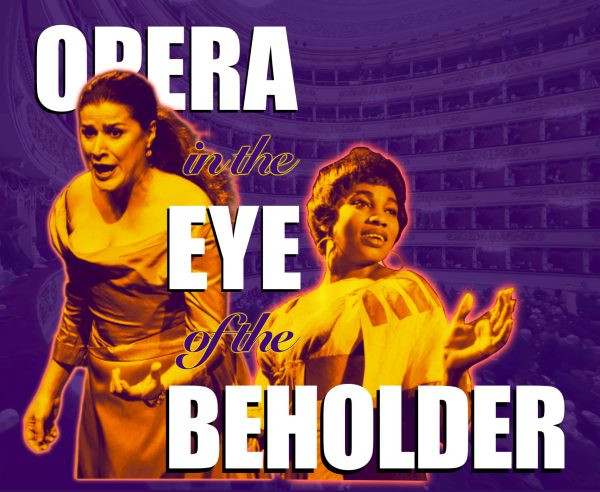Open Mic Comedy Club
6 MIN READ
I. OPENING
The struggles associated with one of the leading debilitative forms of disease, mental illness, procures the stage for the intersection of intellect, creativity and art in the form of humor. Comedy arises when uncommon connections about the world are made, and laughter can come from seeing these things in a way that was not previously considered. This linkage between comedy and mental illness has led to some of the greatest comedic icons to have ever lived, such as Robin Williams, Ellen DeGeneres, Wayne Brady, Jim Carrey and Sarah Silverman, among others. The success of these artists in no way glorifies mental illness or the the pain that accompanies their disease, and often serves as a method they have employed for healing. To many the comedy and mental health are a peculiar pair, but it is important to understand the correlation between them, acknowledge the adversities that accompany mental illness and celebrate the art and the healing that has transpired.
II. THE DUO
The leading mental illnesses linked with comedy are depression and bipolar disorder. Individuals who suffer from mental illness utilize unique characteristics of their mental states to express their talent and ingenuity in a way that can soothe the despondence of mental illness. Comedy itself is an extremely intellectual concept; it takes intricate strategies and an ability to form unique connections about the world to create successful humor, a skill that is remarkably challenging to master. Zak Williams, the son of the late comedian Robin Williams, talked to C Magazine about the idea of becoming a comedian and how it is an unconventional path that often arises from the need to cope with a mental illness. “Comedians are people who make a career out of helping other laugh or inducing laughter in others,” Williams said. “I think the path to becoming a comedian is not a straight and narrow path. It’s a very challenging path in the sense that there is a grind, and the amount of effort that goes with it that really needs to be done out of love because so few people succeed, so few. To make a living out of it is very difficult.”
According to Williams, ‘inducing laughter’ is an art form, and requires a basis of talent, time and effort. The focus on humor as the representative art form for mental illness comes from the combination of what are considered to be the brilliant manic and alternative thinking traits that come with depression and bipolar disorder, concluding that comedy can bring lightness out of dark times.
“Humor is intelligence, creativity and art; it’s the three of the together,” internationally recognized psychologist Stephen Hinshaw said.
The concurrence of these three elements are formed brilliantly by people who are dealing with depression and bipolar disorder due to the variant ways of thinking that come with each and the methodological influence of healing that it can have for psychological pains
III. DEPRESSION
Richard Sarvate, a local comedian who deals with depression, believes that “people who suffer from depression find ways to cope with the depression, and one of the ways is through humor.”
The science behind creating successful comedy “comes from the ability to see things in a way that most people cannot,” Sarvate said.
This is often what creates a good comedian. Individuals suffering from depression experience a physiological and biological change in the brain that causes them to see the world in a different light. Therefore, the combination of the rewiring in the brain and the desire to express art as a coping mechanism is a promising mix for successful comedy. This ‘skill’ is often considered to be a desirable trait, but it is not as romantic as it sounds.
The creative process that these comedians must go through in order to create thought-provoking and witty content is more difficult than what is seen on the surface. In fact, “many comedians have hyperactive minds which are constantly creating connections between disparate topics,” Sarvate said. “This constant activity of the mind can be stressful and exhausting.”
It is an ongoing debate as to whether comedy should be considered catharsis or if it exacerbates the depression. Hinshaw confirms the struggle to identify the complex relationship between comedy and mental illness.
“Does it cause depression or does it come from depression?” Hinshaw said. “ … I think it is one of those yin yang cycles.”
This cycle of creativity and stress can be the perfect equation for amazing art and exemplifies how comedy and mental illness, specifically depression, go hand in hand.
It is important to note that one does not have to be depressed to become a successful comedian, but that people with mental illness have a different chemistry in their brains that can, at times, provide a source of creativity. Not all comedians suffer from mental illness, and therefore having a mental illness does not elevate a professional’s credibility, but instead can serve as a source of inspiration and an outlet for pain.
IV. BIPOLAR
Bipolar disorder is linked to comedy through mania and the either fully manic, or manic depressive episodes, that individuals with bipolar disorder experience. Mania itself is the state of an individual in a manic episode. Manic episodes are characterized by hyperactivity, rapidly transitioning thoughts and conversations, as well as lack of sleep irritability, impulsivity and the initiation of new activities or projects– in this case comedic ventures. Hinshaw believes that this hyperactive and creative mindset is where the major link to comedy exists. The manic episodes present individuals with a mindset in which their drive and inspiration is off the charts, as well as their frame of mind being much more abstract than logical.
“When you are manic you engage in what some people call a more primitive way of thinking– it’s not as logical, like A to B to C,” Hinshaw said. He also mentions specific symptoms of mania: “loose associations, grandiosity, thinking outside the box, using all your senses,” all of which contribute to the formation of great comedy. Mixed episodes, which consist of elements of both depression and mania, are unique in that they hold both the “energy of mania but the despair of depression,” Hinshaw said. Overall, mania, the main aspect of bipolar in conjunction with depression, has been noted to be a huge factor in the correlation between mental illness and art, and applies to comedy in a unique way due to the intellect and creativity that it combines.
V. MEDICATION
It is imperative to note that the creativity and intellect that can be apparent in individuals who suffer from mental illnesses is not halted by the use of medication, contrary to popular belief.
The concept of a tortured artistic genius is socially romanticized to a point that many individuals are willing to put their own mental stability on the line by revoking treatment for the sake of their art. Hinshaw states that this dangerous sacrifice does not have to be made.
A former fellow student of his pioneered research around lithium as a treatment for bipolar disorder.
A study conducted in Denmark looked at the effects that this method of treatment would have on artists. The researcher internalized the fear that the consequences of treatment would affect the artist’s creativity, and initially, the artists shared the same fear.
However, once the treatment was in progress the vast majority reported that it was beneficial to their success as artists because they obtained the organization necessary to complete the creative ventures they began in the height of their mania.
“[They] said that, ‘I used to think that the only way to be a successful artist is to just have these manic thoughts and to go all these places, but I never completed [anything]. I can still have my mania, but I am now organized enough to complete a project,’” Hinshaw said.
VI. FINALE
Mental illness is a concept that is often misunderstood and looked down upon, but in reality it has helped bring laughter to the world. The connections made from the psychological and biological changes that come with depression and bipolar disorder can construct humor cherished by many, as well as being mechanism for soothing the desolation that can accompany comedians with mental illness. A performance that brings light out of pain is extremely attractive to many, but this cycle that many comedians experience is more strenuous than it seems. This connection between comedy and mental illness is a discussion worth having as it sheds light upon uncommonly associated and misunderstood topics.









